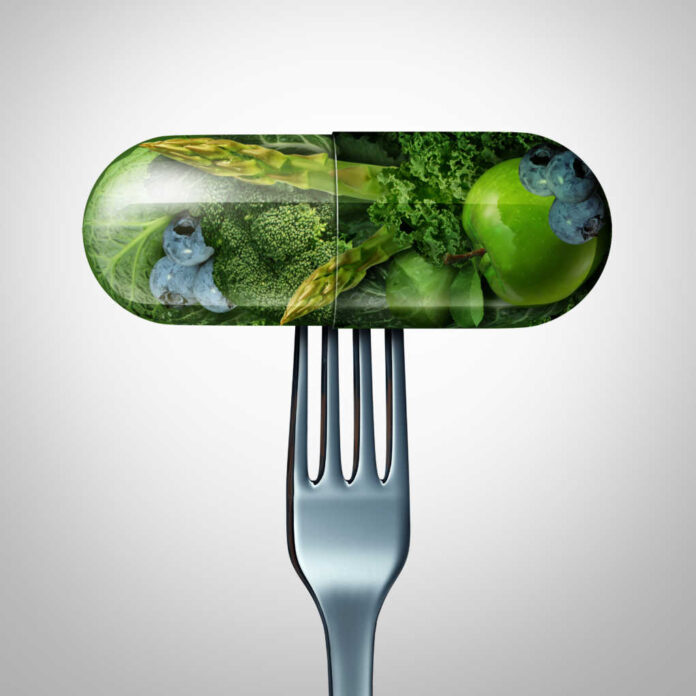
When you’re feeling down, sad, stressed, anxious, or unhappy, you might be inclined to reach for a sweet treat as a pick-me-up.
However, many common foods can make your feelings of unhappiness worse instead of better.
Dietary patterns that consist of high consumption of meat, refined grains, sweets, dairy products, and low intakes of fruits and vegetables are closely associated with an increased risk of depression.
Depression and Inflammation
Depression often comes with low-grade chronic inflammation. This gradual and subtle inflammatory process can lead to problems throughout your body.
People with chronic inflammation often experience:
- Fatigue
- Muscle aches, joint pain, and Arthritis
- Constipation, diarrhea, and other gastrointestinal issues
- Skin conditions like acne, eczema, and psoriasis
- High blood pressure, heart disease, and stroke
- Type 2 diabetes
- Cancer
- Alzheimer’s and other forms of dementia
- Anxiety, depression, and other mental illnesses
While many factors can contribute to chronic inflammation, your diet plays a significant role.
Inflammation and Antioxidant-Rich Foods
As our digestive systems metabolize food, waste by-products called “free radicals” are produced. Free radicals are unstable molecules that can easily damage cells and tissues, causing inflammation.
Plant-based foods (fruits, vegetables, whole grains, legumes, nuts, and seeds) are rich in antioxidants that neutralize free radicals and prevent their destruction. This anti-inflammatory characteristic is one of the reasons why eating vegetables is crucial for optimal health.
When you eat highly processed snack foods (chips, cookies, candies, for example), red meat, processed meats (sausage, bacon, salami), refined grains (white bread, white rice), and dairy products (cheese, butter, milk), your body’s inflammatory processes go into overdrive. They may increase free radical production without providing antioxidants to negate this dangerous increase.
By eating a diet with high intakes of fruit, vegetables, whole grains, beans, nuts, seeds, fish, low amounts of animal-based foods, and processed snacks and meals, you may be able to prevent depression from occurring or getting worse.
Dietary interventions can be an effective option for people who currently suffer from depression or depressive symptoms.
New Opportunities For Happiness
Restricting your diet and eliminating your favorite foods won’t make you feel happier.
Instead of thinking in terms of “can’t have,” notice the abundance of available healthy options.
The produce section of your grocery store likely has all sorts of interesting fruits and vegetables that you’ve never tried before.
Explore and expand your palate with new, healthier flavors and foods.
Instead of purchasing cookies or chips to snack on (which can make digestion uncomfortable and increase your unhappiness), find a weird-looking fruit or an unfamiliar vegetable that piques your interest. Even if you try it and don’t like it, you can enjoy the experience of discovery. Or it might become a new favorite!
By getting curious about healthy foods and searching for new and delicious vegetable combinations and recipes to try, you’ll find yourself feeling more satisfied, energetic, and happier.






















